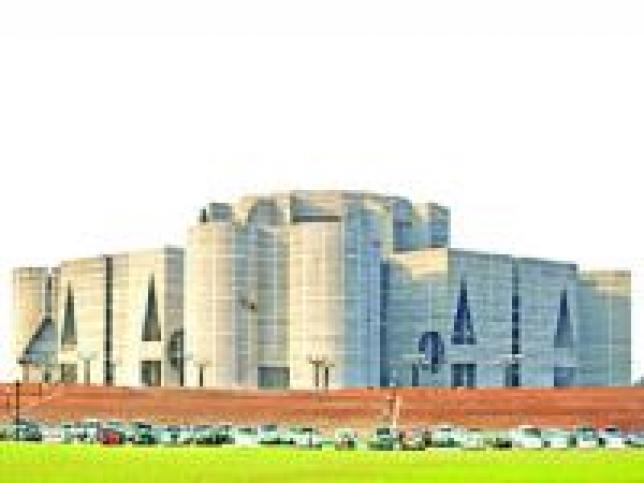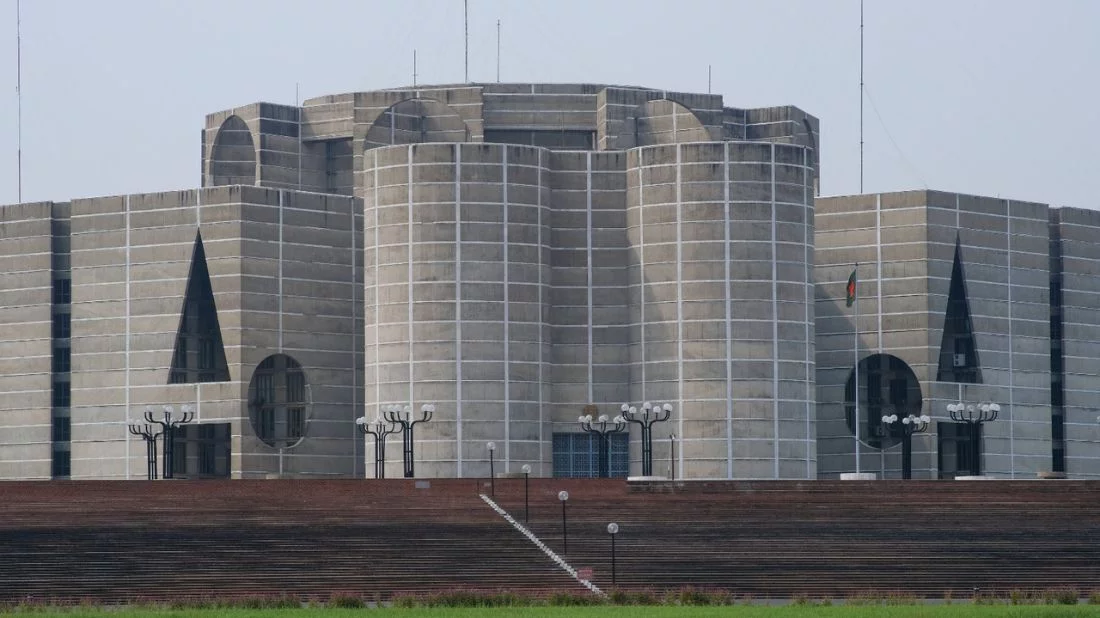The High Court on Tuesday declared several provisions of the 15th Amendment to the Constitution, including the abolition of the caretaker government system, invalid.
With this ruling, the nonpartisan election-time caretaker government system now has a pathway for reinstatement after nearly 13 years.
The 15th Amendment Bill was passed by the National Parliament on June 30, 2011, and received presidential assent on July 3, 2011.
Following a landslide victory in the ninth parliamentary election, the Sheikh Hasina-led Awami League passed the amendment, which faced widespread criticism from opposition parties and civil society groups.
The amendment allowed three successive national elections to be held under an Awami League-led partisan government, sparking allegations of irregularities and undermining their credibility.
For almost a decade, the BNP and other major political parties have demanded the reinstatement of the caretaker government system to ensure free, fair, and credible elections.
However, the ruling Awami League, which held state power for the past 15 years, consistently rejected these demands.
The High Court’s recent verdict, delivered during the interim government led by Professor Muhammad Yunus, has now rendered key provisions of the 15th Amendment, including the abolition of the caretaker government, unconstitutional.
Historical context
The caretaker government system was originally established in the 1990s following the fall of former president HM Ershad, amid a mass uprising, with recommendations from all political parties.
Under this system, four national elections were conducted: in 1991, BNP came to power; in 1996, the Awami League took office; and in 2001, BNP returned to power with a two-thirds majority.
However, critics accused BNP of attempting to manipulate the system by promoting former Justice KM Hasan as the head of the caretaker government ahead of the 2006 election.
This led to widespread protests by the opposition Awami League, resulting in the declaration of a state of emergency by then-President Iajuddin Ahmed.
Subsequently, in 2007, another caretaker government, led by former Bangladesh Bank governor Fakhruddin Ahmed, took charge.
It oversaw the ninth national election in 2008, where the Awami League secured a landslide victory.
The caretaker government system was later abolished in 2011 by the Awami League through the 15th Amendment.
On Tuesday morning, a High Court bench comprising Justice Farah Mahbub and Justice Debashish Roy Chowdhury ruled that the 15th Amendment undermined the Constitution’s basic structure and disrupted the country’s electoral framework.
Following a 23-day hearing, the bench announced the verdict, which stemmed from a rule issued on December 5, 2023.
The rule was initiated by a writ petition filed by Dr Badiul Alam Majumdar, secretary of Shushashoner Jonno Nagorik (Shujan), and petitioner John, questioning why the 15th Amendment, including the abolition of the caretaker government, should not be declared unconstitutional.
15th Amendment changes
The 15th Amendment introduced several key changes, including: the abolition of the caretaker government system, constitutional recognition of Bangabandhu Sheikh Mujibur Rahman as the Father of the Nation, an increase in reserved seats for women in Parliament from 45 to 50, the reinstatement of secularism and religious freedom alongside nationalism, socialism, and democracy as core principles of the state, criminalization of unconstitutional seizures of state power, categorizing them as acts of treason with provisions for maximum punishment, and allowing elections to be held within the 90 days preceding the expiry of a parliamentary term, instead of after its dissolution.
In its observations, the High Court noted that the 15th Amendment fundamentally altered the Constitution’s basic structure and dismantled the country’s electoral framework.
This verdict comes in response to longstanding debates surrounding the caretaker government system, which had previously been used to oversee general elections in Bangladesh.
Reactions of political parties
Several political parties, including the BNP and Jamaat-e-Islami, welcomed the High Court’s decision.
BNP Central leader Advocate M Ruhul Quddus Talukder Dulu, speaking at a rally in Natore, demanded the arrest and trial of former Chief Justice Khairul Haque, who ruled to abolish the caretaker government system in 2011.
“Former Chief Justice Khairul Haque should be arrested and brought to justice,” Dulu said. “He abolished the caretaker government to please Sheikh Hasina, hoping for better post-retirement benefits. With that verdict, the Awami League transformed into a desperate fascist regime, and Khairul Haque is equally responsible for their crimes.”
The political and legal repercussions of this landmark verdict are expected to unfold in the coming days.
Dhaka Tribune


